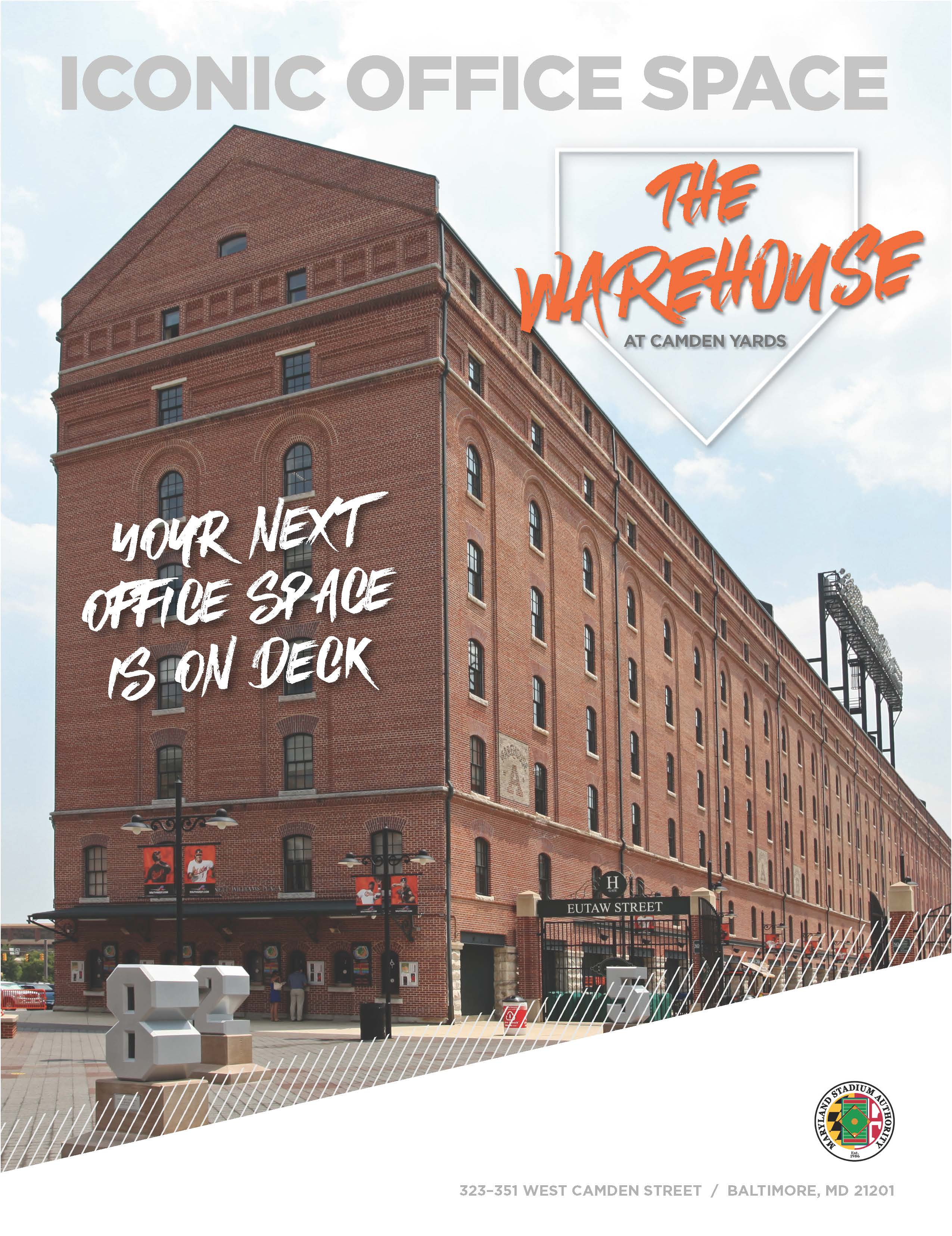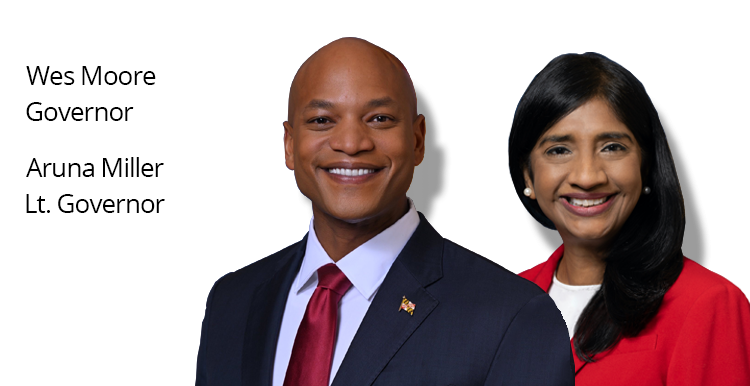Baltimore, MD – The Maryland Stadium Authority (MSA) is pleased to announce that the Phase Two, Pimlico Race Course Study is complete. The study will be available online on Thursday, December 13th at 9:00a.m. on MSA’s website. In February 2018, MSA entered into a Memorandum of Understanding with the Department of Labor, Licensing, and Regulation (DLLR) and the Maryland Racing Commission (MRC) to manage and complete the Phase Two of the Pimlico Race Course Study by year end. MSA’s role in managing the Pimlico Race Course Study is to provide an unbiased, objective and thorough independent analysis.
- Overview
- In February 2018, Maryland Stadium Authority entered into a Memorandum of Understanding with the Department of Labor, Licensing and Regulation and the Maryland Racing Commission to manage Phase Two of the Pimlico Race Course Study.
- The study focuses on developing concepts for the ideal venue to host the Preakness Stakes and analyzes potential non-racing land use opportunities which support year-round use of the Pimlico Race Course site.
- Background
- The initial Pimlico Race Course Study was released in February 2017. The Study presented a situational overview of the facility and evaluated its existing condition from a physical, user and economic perspective.
- Key findings included:
- The physical condition of the facility presents significant challenges, which, if not addressed, may threaten its continued existence and the success of the Preakness Stakes.
- Despite its physical condition, there does not appear to be situational factors such as location, accessibility, the surrounding neighborhood, etc. that would negatively affect Pimlico Race Course’s ability to remain the long-term home of the Preakness Stakes.
- The Study proposed an extensive renovation of the existing facility to address issues related to code, safety and security, operational efficiency, revenue enhancement, visitor experience and accessibility. The order of magnitude cost estimate range to complete the renovation was between $248 million and $321 million.
- Study Process
- Collaborated with the Maryland Jockey Club (MJC) and The Stronach Group (TSG) to develop a detailed program (the “Preakness Program”) of seating and hospitality products considered to be ideal for hosting the Preakness Stakes.
- The Preakness Program establishes quantities, square footage requirements, and identifies which products are best suited to be constructed as permanent or overlay (temporary) structures.
- Total venue capacity of 75,000 with 30,400 premium seats and 44,600 general admission seats.
- Preakness Program was reviewed and approved by the MJC/TSG.
- Price points for Preakness Program products were determined by MJC.
- The Preakness Program establishes quantities, square footage requirements, and identifies which products are best suited to be constructed as permanent or overlay (temporary) structures.
- Utilized the Preakness Program quantities and price points to estimate the economic and fiscal benefits associated with running the Preakness Stakes at Pimlico Race Course.
- Solicited public feedback about the future of the facility and its possible uses through an electronic questionnaire and at an open meeting held at Pimlico Race Course in June 2018.
- Conducted market due diligence related to potential non-racing land use including an analysis of demographic and socioeconomic data, the residential market, commuting patterns, residential and commercial space inventories, vacancy rates, available tax incentives and other factors which may influence demand and marketability factors.
- NOTE: Pimlico Race Course is owned by the MJC/TSG. Therefore, the non-racing land use concept study is a hypothetical, conceptual analysis of potential uses that could occur - not a feasibility study of what will occur.
- Conducted a series of visioneering and planning workshops with key stakeholders to create potential planning scenarios to serve as the basis for an overall concept plan.
- Performed an assessment of on-site and off-site infrastructure and recommended improvements to support an overall concept plan.
- Developed conceptual site plan diagrams that depict the Preakness Program and opportunities for non-racing land use.
- Developed an order of magnitude cost estimate for the minimum capital improvements necessary to support the Preakness Program and to optimize the availability of land that could be used for non-racing opportunities.
- The study does not include cost estimating or an economic/fiscal impact analysis of non-racing land use components.
- Collaborated with the Maryland Jockey Club (MJC) and The Stronach Group (TSG) to develop a detailed program (the “Preakness Program”) of seating and hospitality products considered to be ideal for hosting the Preakness Stakes.
- Capital Improvements
- Demolition and removal of all existing structures on the site including the tracks, infield, grandstand, clubhouse, equestrian barns and associated infrastructure.
- Realignment and construction of new tracks and infield.
- Realignment is necessary to accommodate potential non-racing land use around the perimeter of the site.
- Distance of new dirt track is 15/16 mile; turf track is ⅞ mile.
- Track geometry and distances were reviewed and approved by MJC/TSG and the Maryland Racing Commission.
- Construction of a new Multi-Use Clubhouse.
- Four levels high.
- Include clubs/lounges, suites, rooftop and balcony spaces, dining, space for retail, off-track-betting and/or a museum, ticketing, administrative offices, kitchens, toilets, storage, waste management, etc.
- Accommodates approximately 44% of premium seating products and support spaces. Remaining premium spaces (i.e. suites, track view dining, reserved seating and boxes with and without hospitality and bleacher seating) provided as temporary overlay.
- Construction of a new plaza (the “Palio”).
- Location for the saddling paddock and paddock stalls during the Preakness Stakes.
- Site and infrastructure improvements including roadways and on-site/off-site utilities (water, sanitary, storm, gas, electrical and communications), vehicle and pedestrian tunnels, pedestrian bridges at track crossings and hardscaped areas.
- Order of magnitude cost for minimum capital improvements is approximately $424 million.
- Approximate Amounts of Individual Key Components
- Demolition and Site Clearing: $21.5 million
- Infrastructure, Utilities and Site Improvements: $120.5 million
- Tracks and Infield: $29.6 million
- Multi-Use Clubhouse: $252.2 million
- Estimated construction duration is approximately 3 years.
- Approximate Amounts of Individual Key Components
- Estimated Economic/Fiscal Benefits of Hosting the Preakness Stakes at Pimlico Race Course
- Supports 620 (full and part-time jobs).
- Generates approximately $5 million in total taxes.
- Approximately $2.3 million occurs at the state level and $2.7 million occurs at the local level.
- Non-Racing Land Use Concept
- Site divided into four (4) districts around the track.
- Potential opportunities identified for each district.
- Gateway District (Northeast): Commercial and mixed-use development, which may include a hotel and structured parking.
- District One (Northwest): Residential and commercial mixed use, which may include additional equestrian/racing facilities, civic improvements and structured parking.
- District Two (Southwest): Neighborhood commercial use, which may include a grocery store and/or retail.
- District Three (South/Southeast): Mixed residential, which may include a combination of senior living, townhouses, row houses and/or multifamily apartments.
- Site configuration considers roadway connectivity across tracks and infield during non-racing season.
- Potential uses of capital improvements during non-racing season.
- Infield: Athletic, entertainment and leisure.
- Multi Use Clubhouse: Racing history center/museum with café, off-track betting/sports book, conferences/meetings/banquets/social and civic events, eSports and non-traditional sporting/competition events such as drone racing.
- The Palio: Host outdoor public concerts, performing arts, festivals and markets.
- Non-racing land use is assumed to be private development and/or other initiative. The study does not include a cost estimate or an economic/fiscal impact analysis for non-racing land use opportunities.
- Next Step:
- A logical next step in the planning process is for key stakeholders including MJC/TSG, the State and the City to agree to execute a formal agreement to enter into future negotiations.
- The study will be released on December 13, 2018.
Study Partners:
Crossroads Consulting Services LLC, with Populous and Rummel Klepper & Kahl (RK&K) and Turner Construction.
Study Funders:
Cost of the Phase Two study was $426,335 and funded by the Maryland Jockey Club, Baltimore Development Corporation, City of Baltimore and the MSA
Quotes:
“The Maryland Stadium Authority (MSA) is pleased to provide this report which can be used by the property owners and key stakeholders in their analysis of the future of the Preakness Stakes and Pimlico Race Course” said Thomas Kelso, Chairman, Maryland Stadium Authority.
“We are grateful to the study partners and funders for this comprehensive look at potential development options for Pimlico Race Course,” said Secretary Kelly Schulz, Department of Labor, Licensing, and Regulation (DLLR). “With the information provided in the study, stakeholders can make informed decisions regarding the future of racing at Pimlico.”
“Whenever, the Maryland Stadium Authority (MSA) is asked by State, City and County officials to take on additional projects and studies, our response is ‘we are here to serve’. It is our pleasure to serve the citizens of Maryland as we provide information to local officials to assist in the decision making process about investment and benefits for their communities and constituents” said Michael Frenz, Executive Director, Maryland Stadium Authority.
Read the Phase Two, Pimlico Race Course Study full report:
https://www.mdstad.com/studies/pimlico-race-course-study-phase-1-2
About Maryland Stadium Authority (MSA)
MSA’s mission: To plan, finance, build and manage sports and entertainment facilities in Maryland; provide enjoyment, enrichment, education, and business opportunities for citizens; and develop partnerships with local governments, universities, private enterprise and the community.
Contact:
Rachelina Bonacci, Public Information Officer
Maryland Stadium Authority
The Warehouse at Camden Yards
333 W. Camden Street, Suite 500, Baltimore, MD 21201
O: 410.223.4136
M: 410.977.0381
E: rbonacci@mdstad.com
Next MSA Board of Directors Meeting
Monthly Board of Directors Meeting
Tuesday, November 12, 2024, 12:00p.m.
The Warehouse at Camden Yards
Conference Room 1
333 W. Camden St., Suite 500
Baltimore, MD 21201
Agenda / Live Stream
Leasing Opportunities at the Warehouse at Camden Yards

Human Trafficking
GET HELP
National Human Trafficking Hotline -- 24/7 Confidential
| 1-888-373-7888 | Text: 233733 |
